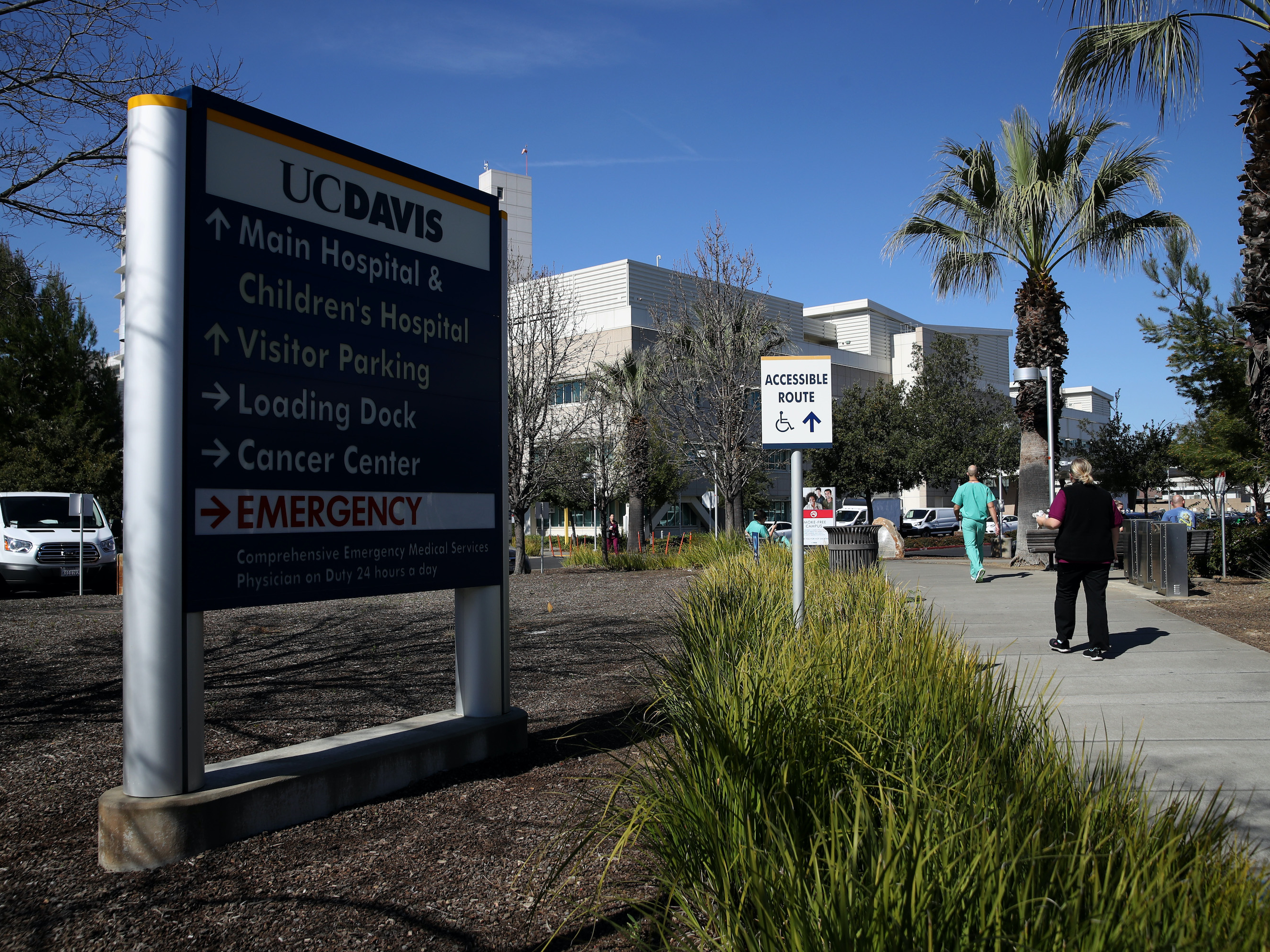- A confirmed coronavirus patient in California had no travel history in China and no known exposure to anyone infected.
- It could be the first case of “community spread” in the US.
- One health official said this should prompt a transition “from trying to contain the disease to more of a mitigation approach.”
- Visit Business Insider’s homepage for more stories.
A patient in California’s Solano County has gotten the COVID-19 coronavirus without traveling to China or having any known contact with someone sick, the Centers for Disease Control and Prevention confirmed on Wednesday.
“This person appears to be a community-acquired case of coronavirus, which would be the first here in the United States,” Bela Matyas, the health officer of Solano County, which is located between San Francisco and Sacramento, said in a press conference on Thursday. He added, however, that he didn’t think this was the only such case.
“There are probably cases of coronavirus from community acquisition in multiple parts of the country right now,” Matyas said.
That means the virus is most likely spreading undetected in the US, according to Amesh Adalja, an infectious-disease expert at the Johns Hopkins Center for Health Security.
Adalja offered a simple definition of community spread.
"'Community spread' reflects the fact that the virus is out there in the community spreading from person to person, meaning that it's not just spreading from people who had contact with someone from China or a travel history, but that it's something established in the community," he said.
That reality, Matyas suggested, means health officials have to transition "from trying to contain the disease to more of a mitigation approach."
A delay in detection
The California patient is now in serious condition, according to CNN.
She initially went to the NorthBay VacaValley Hospital on February 15. The 50-bed hospital is in Solano County, which is also home to Travis Air Force Base, where some Americans evacuated from China and from the quarantined Diamond Princess cruise ship have been quarantined.
A surgeon at the base, who requested that he be kept anonymous, told Business Insider that the new case most likely had some connection to the base, given the proximity.
But Matyas said no such link had been found and added that workers on the base were "scary meticulous" about safety.
"This individual has no connection whatsoever to that federal mission and to any of the personnel that have been involved in that evacuation process," he said.
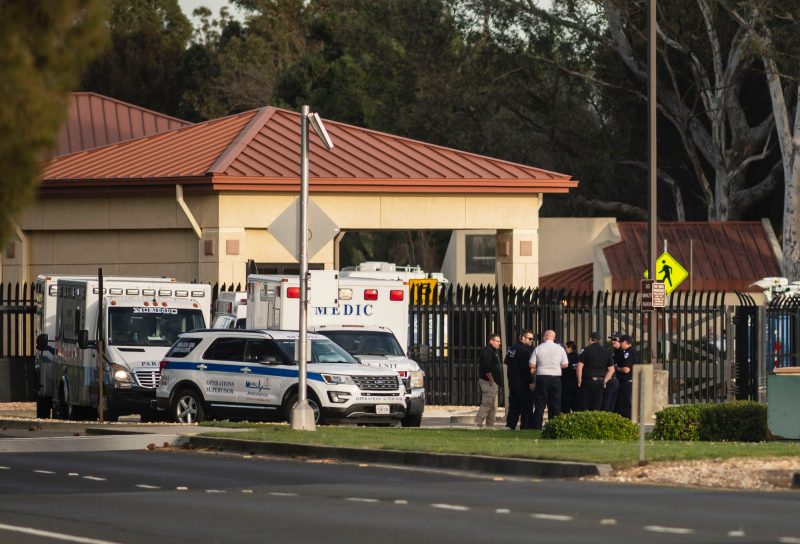
The patient was not tested for COVID-19 at VacaValley during her four days there. After her symptoms worsened, she was transferred to UC Davis Medical Center in Sacramento on February 19. But she wasn't tested there either until four days later.
"Since the patient did not fit the existing CDC criteria for COVID-19, a test was not immediately administered," the center said in a statement. "UC Davis Health does not control the testing process."
Until now, the CDC has based its decisions around testing people for the novel coronavirus on whether they have recently traveled to places with outbreaks.
But this case, Adalja said, shows that "when we have protocols set up to really identify patients only based on travel history, those are going to fall short of identifying all cases."
Matyas said testing criteria were indeed changing, and the CDC in a statement Thursday praised the doctors who diagnosed the woman's illness.
"This case was detected through the US public-health system - picked up by astute clinicians," the CDC said.
Dozens of healthcare workers were exposed
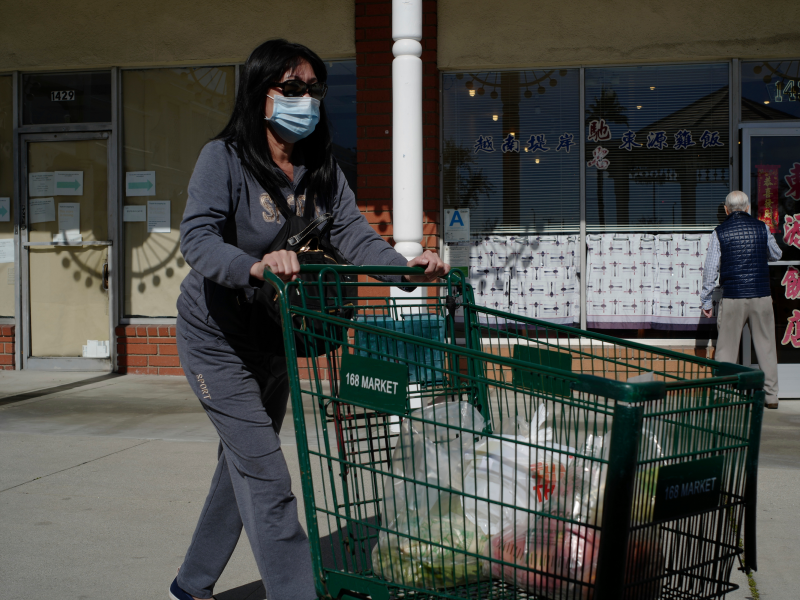
Health officials are working to trace and isolate anyone the patient had contact with - her family has been quarantined, and hospital staff are being evaluated and tested.
Aimee Brewer, the president of NorthBay Healthcare, said any medical workers who had direct contact with the patient at VacaValley had been tested for the virus and were on paid leave at home. So far, there have been no more positive tests, she said.
"As far as the headcount is concerned, at this time I can say it's a moving target," Steve Huddleston, the vice president of public affairs at NorthBay Healthcare, said in a press conference Thursday. "We have identified dozens of employees on our health team, but it still remains less than 100."
According to CNN, a University of California at Davis student is also under investigation, and the student's two roommates are being isolated at their home off campus as well.
The CDC said in a statement on Thursday that "unprecedented, aggressive efforts have been taken to contain the spread and mitigate the impact of this virus."
A question of when, not if
A day before this apparent case of community spread was reported, CDC officials suggested it was imminent.
"It's not so much a question of if this will happen anymore, but rather more a question of exactly when this will happen and how many people in this country will have severe illness," Dr. Nancy Messonnier, the head of the National Center for Immunization and Respiratory Diseases at the CDC, said during a media briefing.
But thus far, the US lags behind other countries in testing - as of Wednesday, only 445 Americans had been tested for the virus.
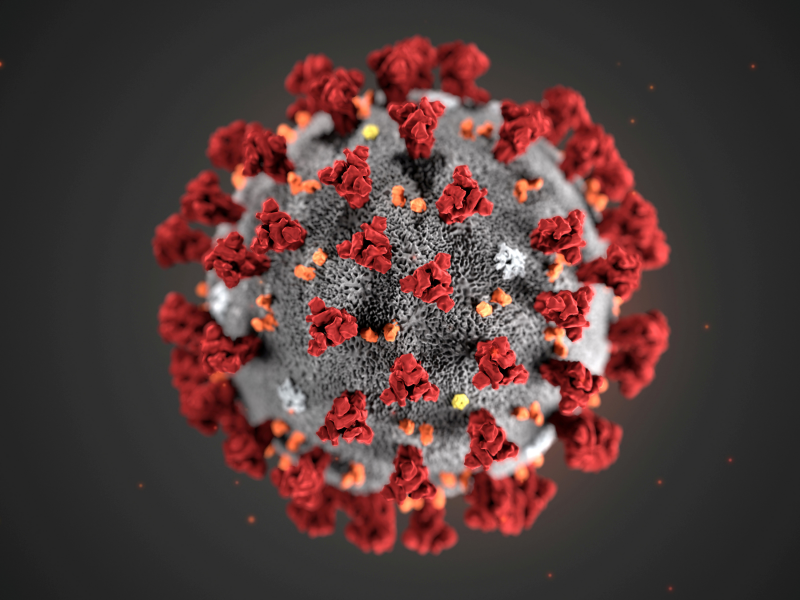
"At first, CDC was the only place where testing could be performed," Richard Martinello, an associate professor of infectious disease at the Yale School of Medicine, previously told Business Insider. "For a country of our size, when you only have a single site doing that, it limits the resources available for testing."
The CDC sent test kits nationwide earlier this month, but those were also found to be flawed, so only about a dozen labs can currently run the tests, according to The Washington Post.
'The cat's out of the bag in terms of it having spread'
Solano County and the nearby San Francisco and Santa Clara counties have all declared emergencies.
Matyas said the declarations freed up resources to "allow us to investigate this incident more effectively and more efficiently."
But he added that containment was "only possible when you're dealing with a disease condition where you know everyone who's sick, and they get sick before they spread, and you can contain them - and that's a rare reality."
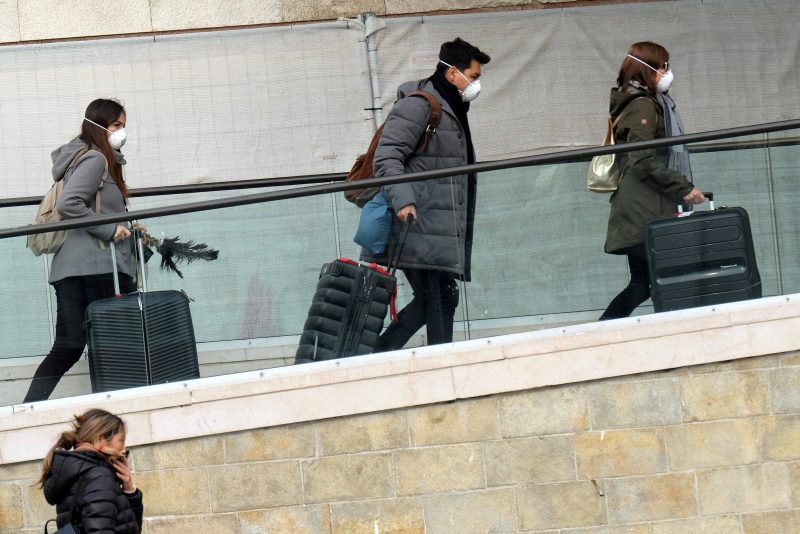
Now, he said, efforts must focus on mitigation because "we know the cat's out of the bag in terms of it having spread, and what we're trying to do is slow the spread as much as possible."
Gov. Gavin Newsom announced Thursday that 33 people in the state had tested positive for the virus - including citizens repatriated to military bases - and 8,400 people were being monitored. He stressed that the risk to the public was still low but added that the state needed access to more resources.
"We have just a few hundred testing kits, and that's surveillance testing as well as diagnostic testing," Newsom said. "That's simply inadequate to do justice to the kind of testing that is required to address this issue head on."
